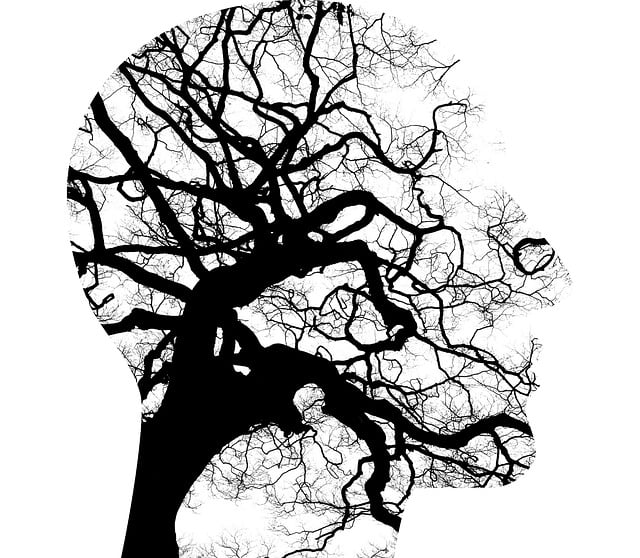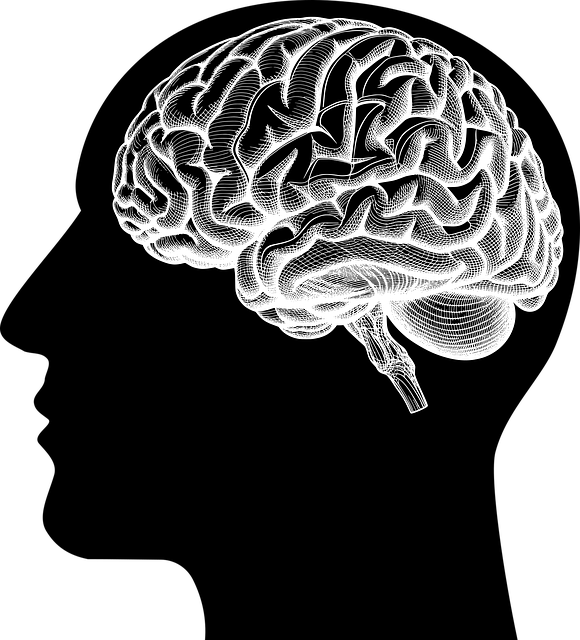Arvada American Sign Language (ASL) Therapy is transforming mental health support by breaking communication barriers and addressing stigma, especially within diverse communities. This innovative approach leverages ASL's power to create safe spaces, promote empathy, and facilitate early intervention for individuals dealing with mental illness, particularly those who rely on non-verbal communication. By combining therapeutic practices with ASL services, Arvada ASL Therapy improves mental health outcomes and fosters understanding through inclusive language and education initiatives. Community engagement and accessible resources play a crucial role in reducing stigma associated with mental health issues, emphasizing the importance of compassion cultivation and effective support for all.
Mental illness stigma remains a significant barrier to access and understanding, affecting millions worldwide. This article delves into strategies aimed at reducing this pervasive societal issue. We explore the profound impact of stigma on mental health and its detrimental effects on individuals and communities. Through examining language’s role in perpetuating or lessening stigma, we highlight innovative approaches like Arvada American Sign Language Therapy. Global efforts and success stories offer hope, emphasizing community engagement and education as vital tools for achieving stigma elimination.
- Understanding Stigma: Its Impact on Mental Health
- The Role of Language and Communication in Stigma Reduction
- Arvada American Sign Language Therapy: A Unique Approach
- Community Engagement and Education for Stigma Elimination
- Global Efforts and Success Stories: Inspiring Change
Understanding Stigma: Its Impact on Mental Health

Stigma surrounding mental illness is a significant barrier to individuals seeking help and support, often leading to prolonged suffering in silence. This societal stigma can manifest as negative perceptions, prejudice, and discrimination, creating an environment where those battling mental health challenges feel ashamed, isolated, and misunderstood. The impact of such stigma extends far beyond the individual, affecting not only personal well-being but also community dynamics and access to quality care.
In Arvada, American Sign Language (ASL) therapy plays a vital role in breaking down communication barriers and fostering understanding. ASL therapists utilize unique approaches, such as non-verbal communication and cultural sensitivity, to create safe spaces for individuals, especially within diverse communities. By promoting empathy building strategies and stress reduction methods, these initiatives aim to counteract burnout prevention strategies for healthcare providers while encouraging early intervention and improved mental health outcomes.
The Role of Language and Communication in Stigma Reduction

Language and communication play a pivotal role in reducing the stigma surrounding mental illness. The way we talk about mental health issues can either perpetuate stereotypes or foster understanding and empathy. Using inclusive and non-stigmatizing language is essential when discussing mental wellness, as it helps to normalize conversations around these topics. For instance, terms like “mental illness” or “psychological challenges” are more accepting than outdated and derogatory labels.
In Arvada, American Sign Language (ASL) Therapy has emerged as a powerful tool in this effort. By providing ASL services, professionals can ensure that the deaf and hard-of-hearing community has equal access to mental health support. This inclusive approach not only addresses a significant gap in public awareness campaigns development but also empowers individuals to express their experiences freely. Effective communication strategies, whether through spoken words or sign language, contribute to breaking down barriers and promoting stress management techniques for all.
Arvada American Sign Language Therapy: A Unique Approach

In an innovative effort to combat stigma and foster understanding, Arvada American Sign Language (ASL) Therapy is making waves in mental health support. This unique approach combines therapeutic practices with the power of ASL, offering a fresh perspective on crisis intervention guidance and burnout prevention. By integrating compassion cultivation techniques into ASL therapy sessions, practitioners create a safe, inclusive environment for individuals navigating mental illness.
The method allows for non-verbal communication, which can be particularly beneficial for those who find verbal expressions challenging during times of distress. Through gestures, facial expressions, and touch, therapists provide a supportive space where clients feel empowered to express their emotions freely. This innovative practice not only enhances traditional crisis intervention but also contributes to a broader goal of reducing stigma by promoting empathy and understanding within the community.
Community Engagement and Education for Stigma Elimination

In the ongoing battle against mental illness stigma, community engagement and education play a pivotal role in fostering understanding and acceptance. By bringing mental health issues into the open through interactive workshops, awareness campaigns, and accessible resources like Arvada American Sign Language Therapy, communities can break down barriers and create supportive environments. These efforts aim to educate individuals about various mental health conditions, dispel myths, and promote empathy, ultimately reducing the isolation often experienced by those struggling with their mental well-being.
Moreover, integrating burnout prevention strategies for healthcare providers and risk management planning for mental health professionals within community engagement initiatives ensures that those offering support are themselves equipped to handle these sensitive topics effectively. Compassion cultivation practices also find a place in this strategy, encouraging a culture of kindness and understanding where everyone is encouraged to learn, grow, and seek help without fear of judgment.
Global Efforts and Success Stories: Inspiring Change

Global Efforts and Success Stories: Inspiring Change
Across the globe, communities are coming together to challenge mental illness stigma through various initiatives, including awareness campaigns, educational programs, and support groups. These collective efforts have led to significant shifts in public perception, fostering greater understanding and empathy towards individuals dealing with mental health challenges. For instance, the use of Arvada American Sign Language (ASL) Therapy has been instrumental in reaching deaf communities, ensuring they receive the support and care they need for their mental wellness. This inclusive approach not only breaks down communication barriers but also highlights the importance of accessible therapy options in promoting mental health.
Success stories abound, with programs focusing on burnout prevention and self-esteem improvement showing positive outcomes. These efforts often involve community leaders, healthcare professionals, and advocates who champion mental wellness as a fundamental aspect of overall well-being. By sharing personal narratives and providing educational resources, they dispel myths and encourage open conversations about mental illness. Such initiatives are vital in creating supportive environments where individuals can seek help without fear of judgment, ultimately contributing to a more compassionate society.
Mental illness stigma reduction is a multifaceted effort that involves understanding its profound impact, refining communication strategies, engaging communities, and leveraging innovative approaches like Arvada American Sign Language Therapy. Global initiatives and success stories highlight the power of education and inclusion in transforming attitudes. By continuing to foster open conversations and implement effective programs, we can create a more supportive and accepting society for those dealing with mental health challenges.









